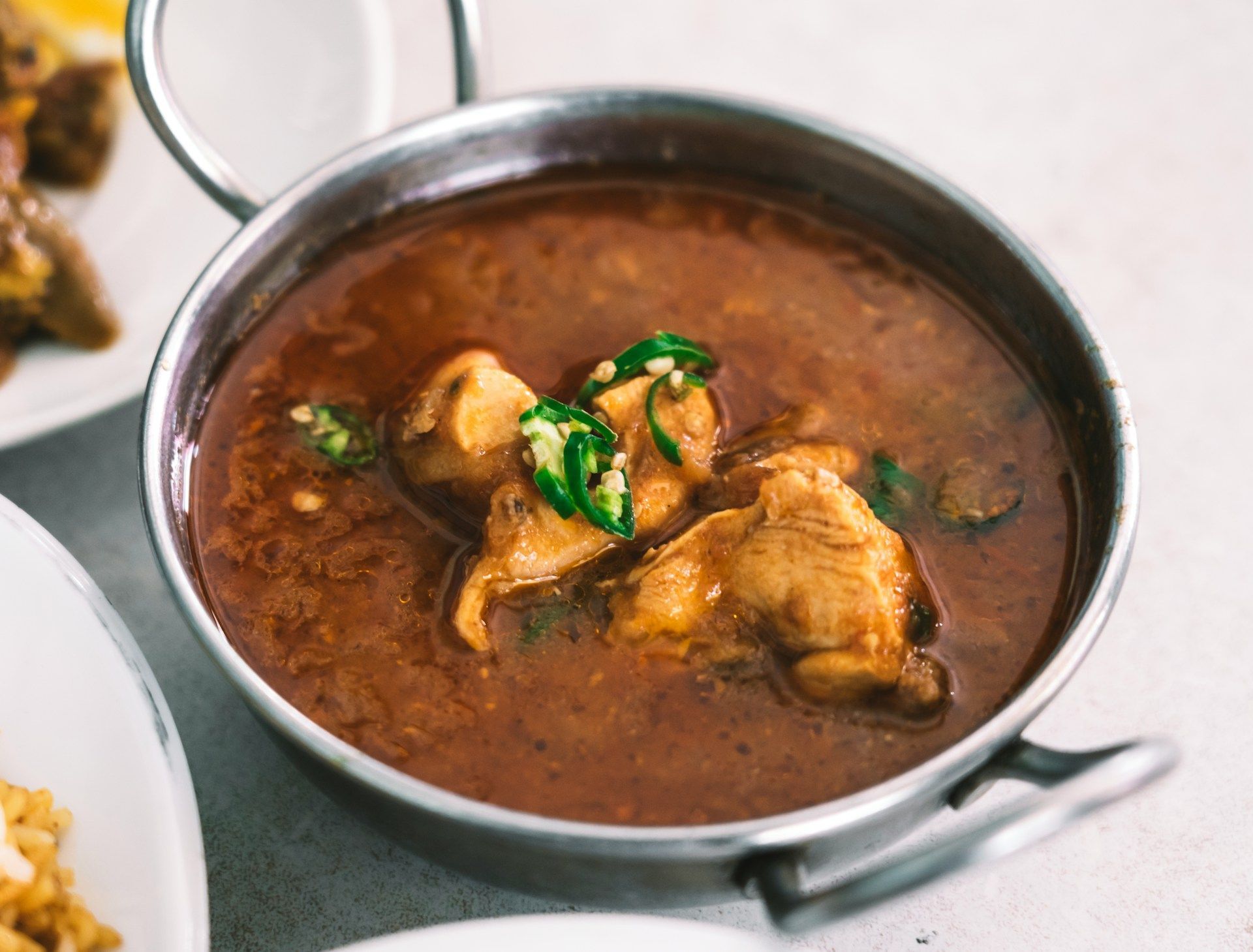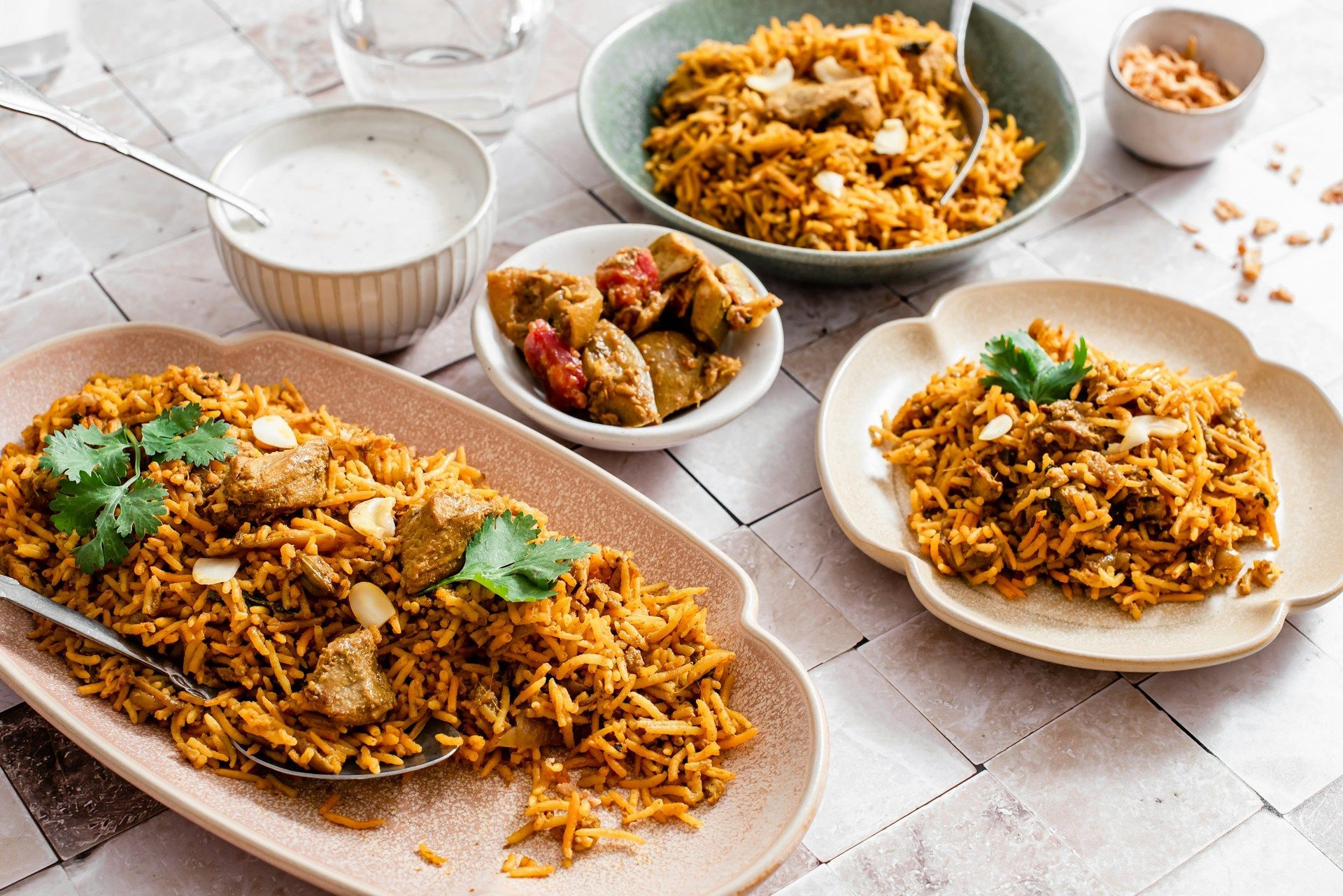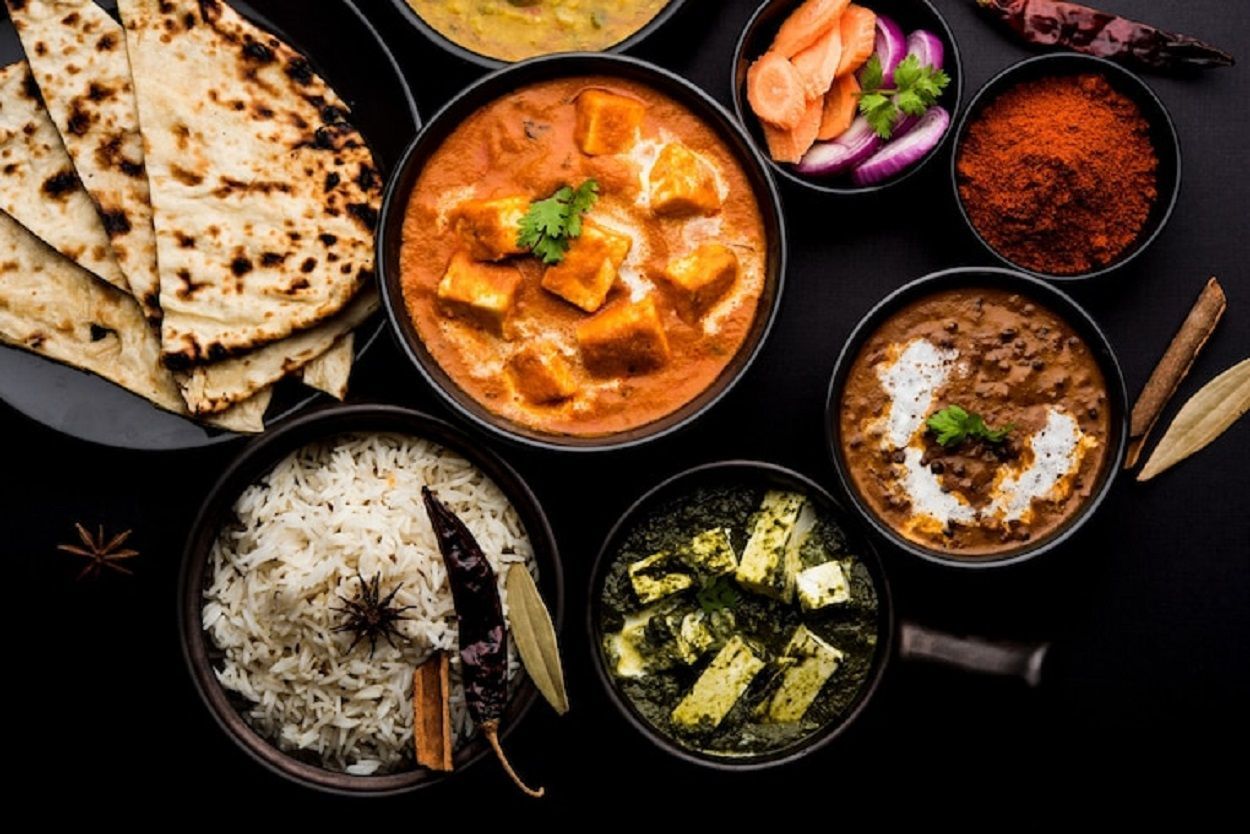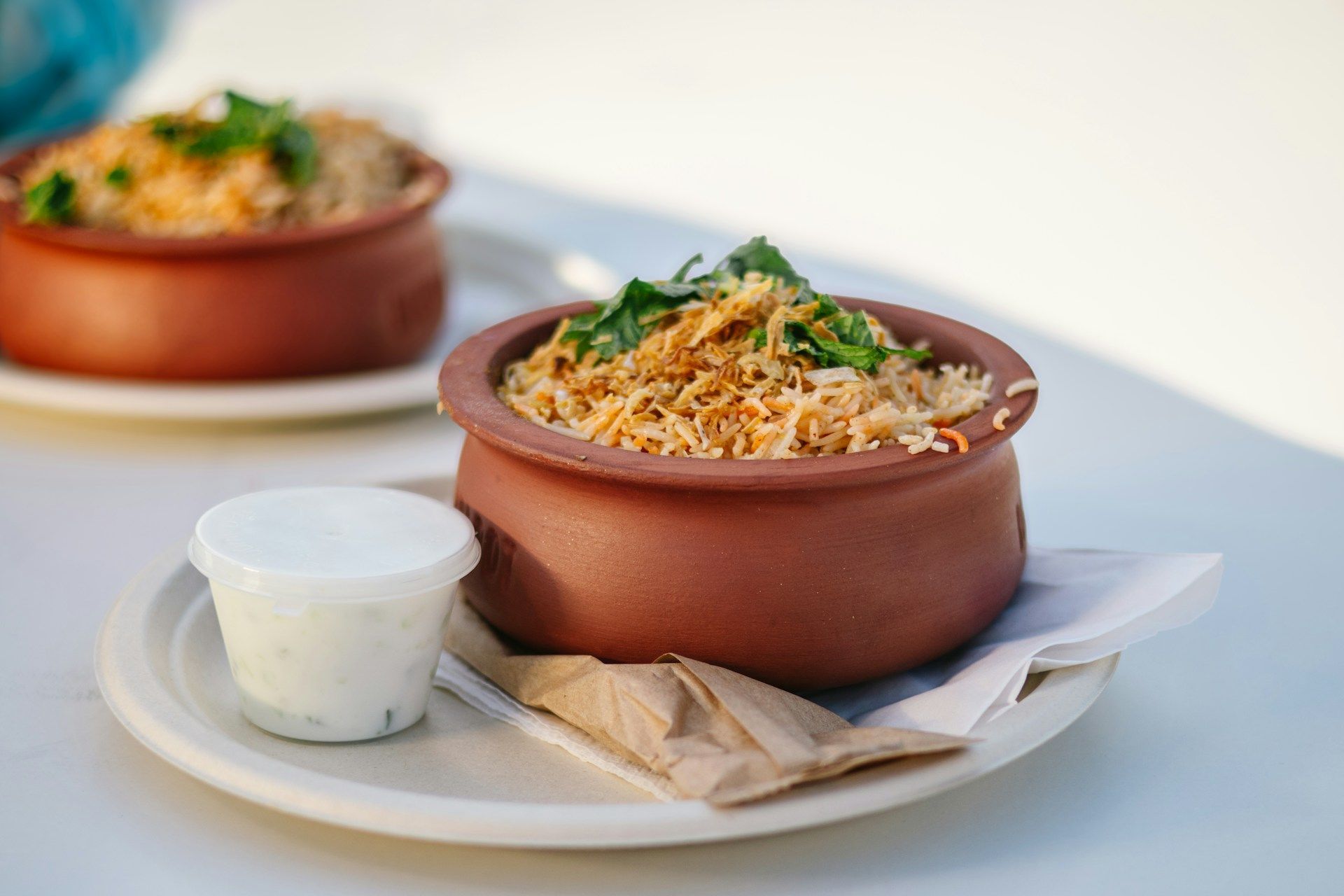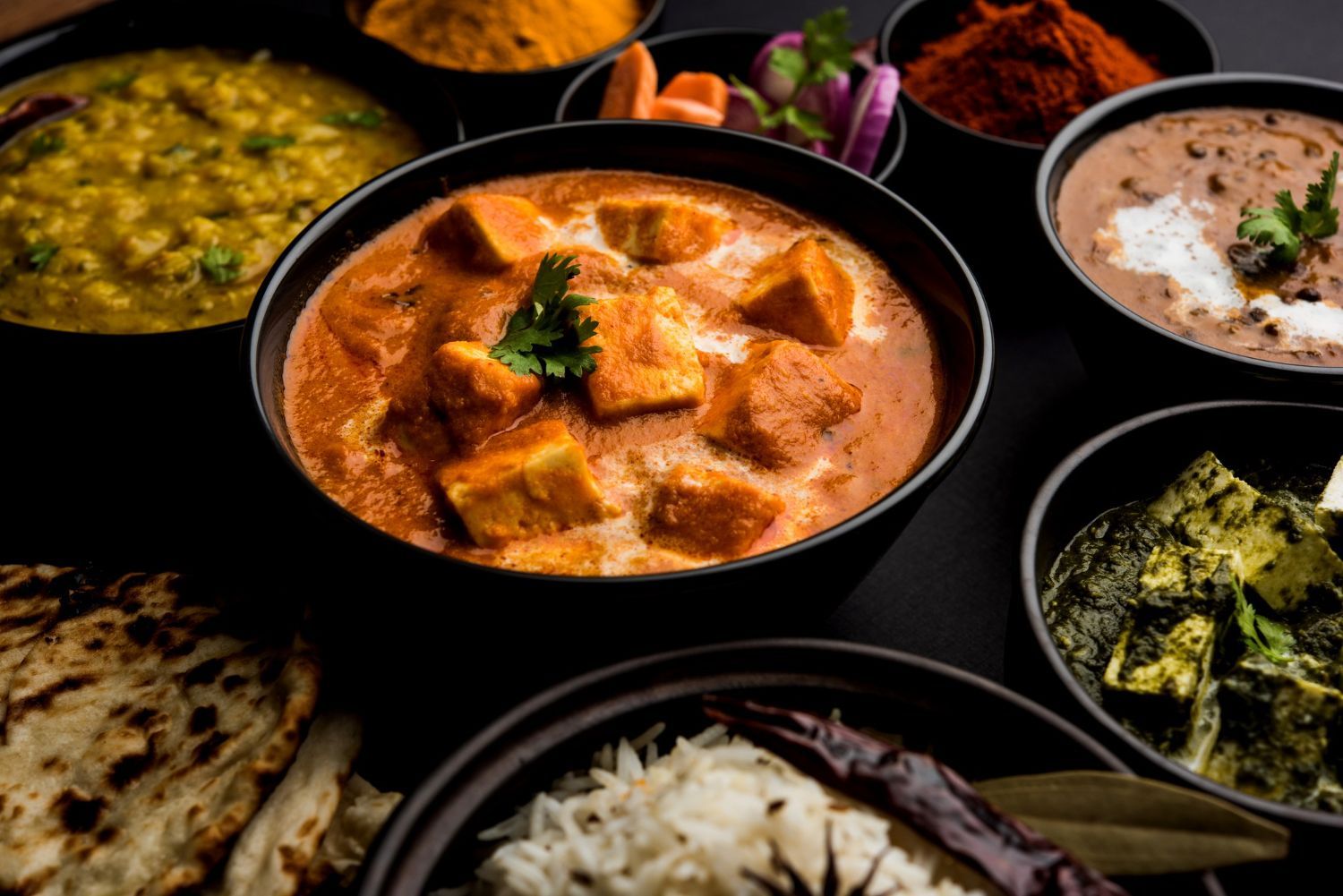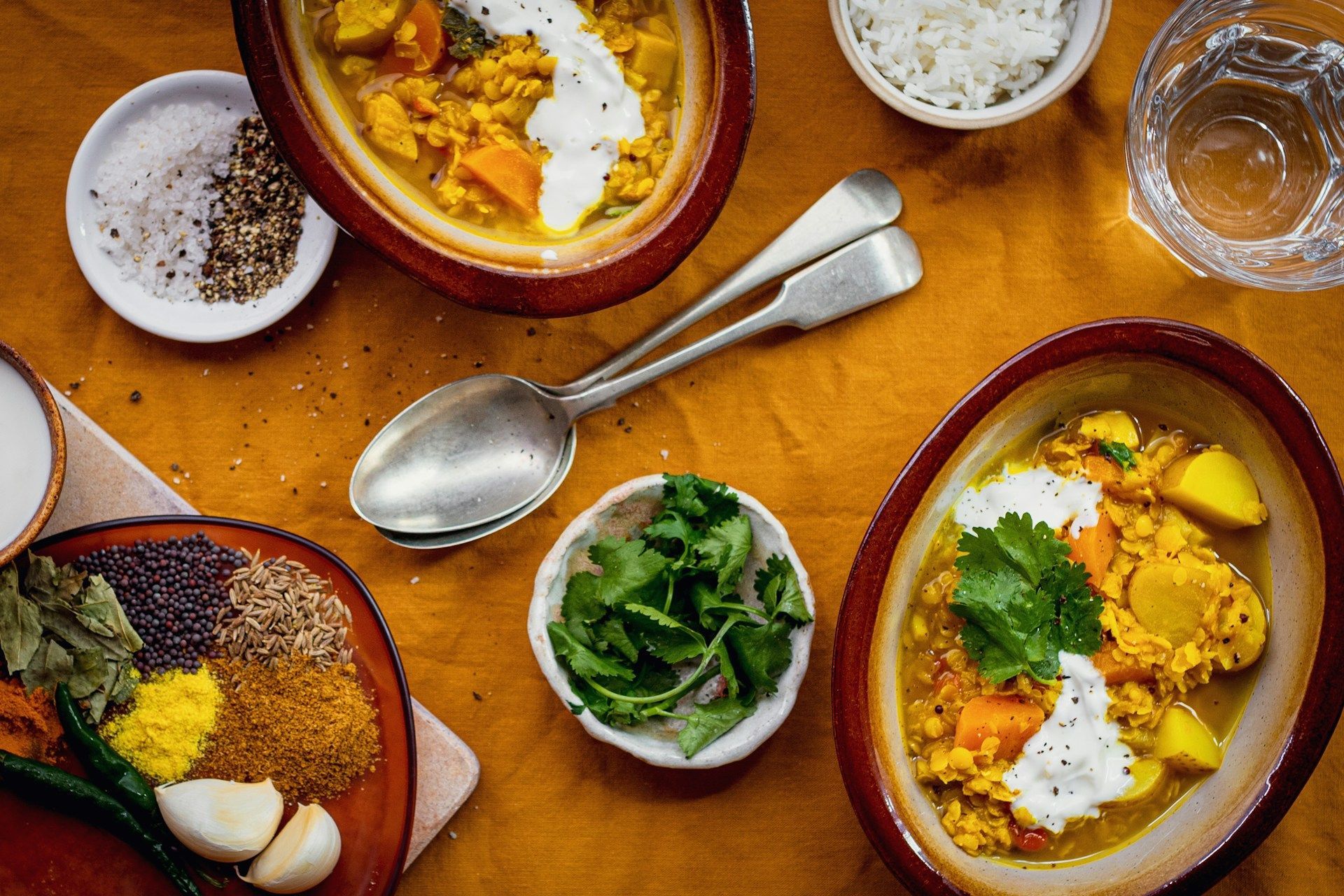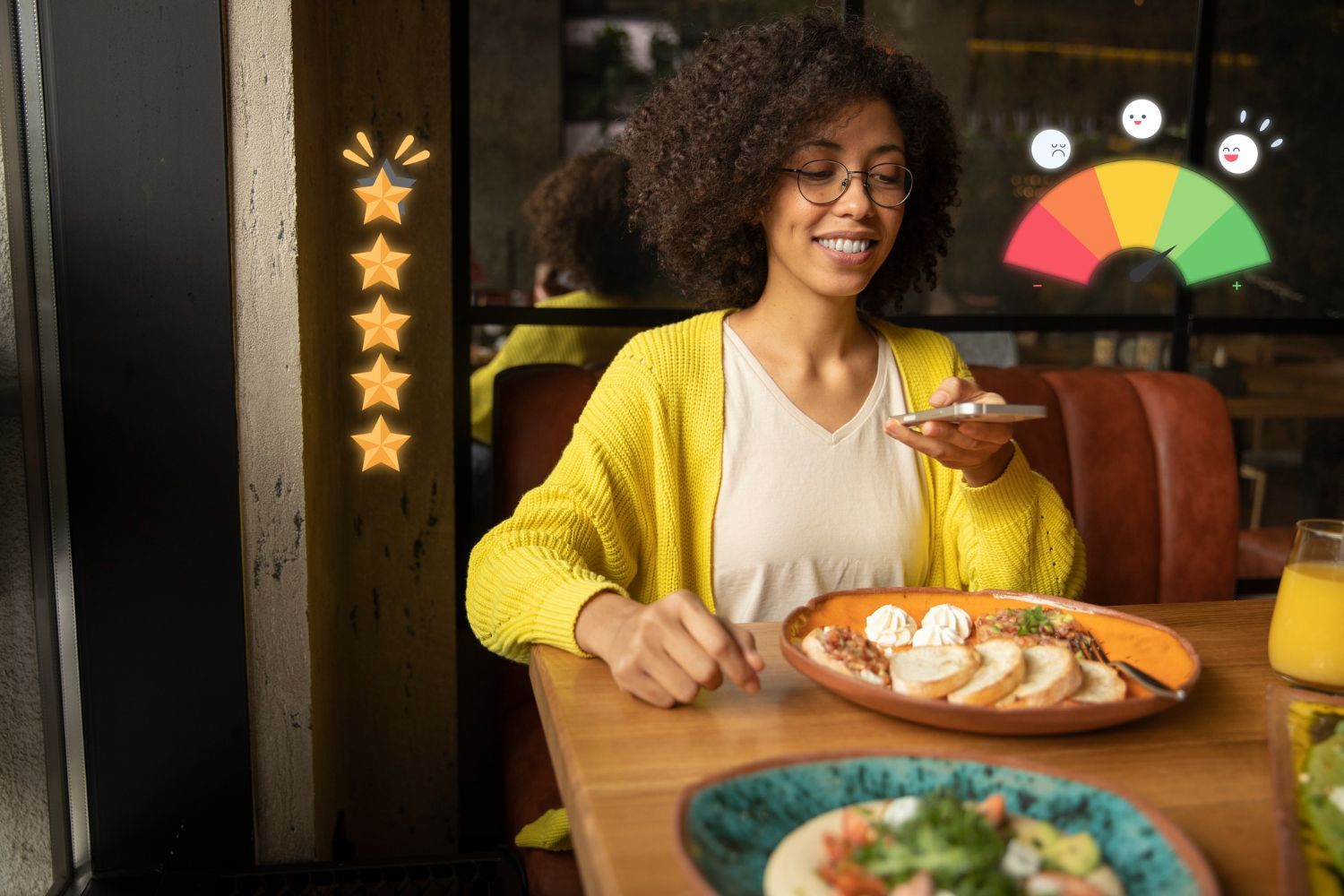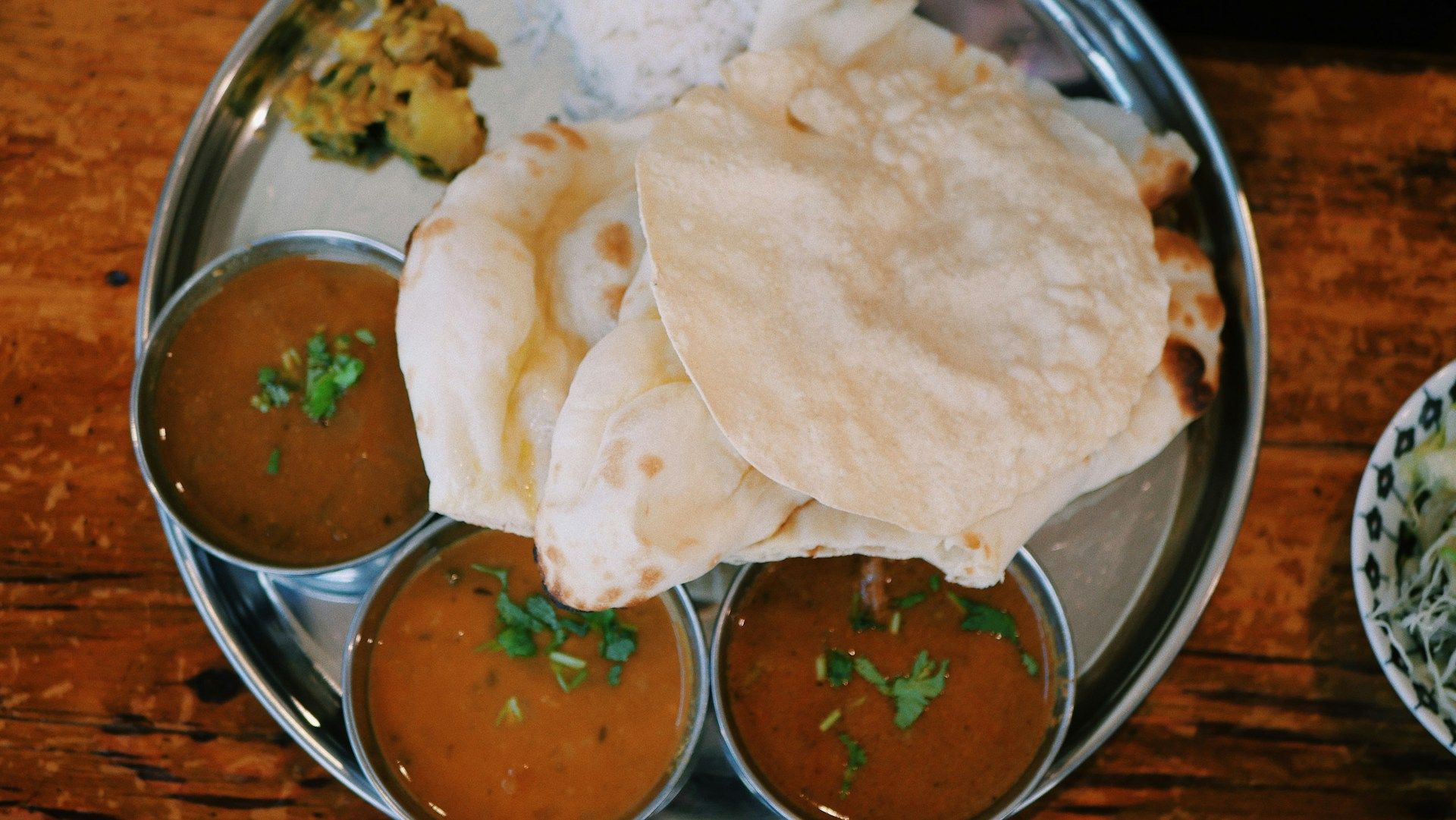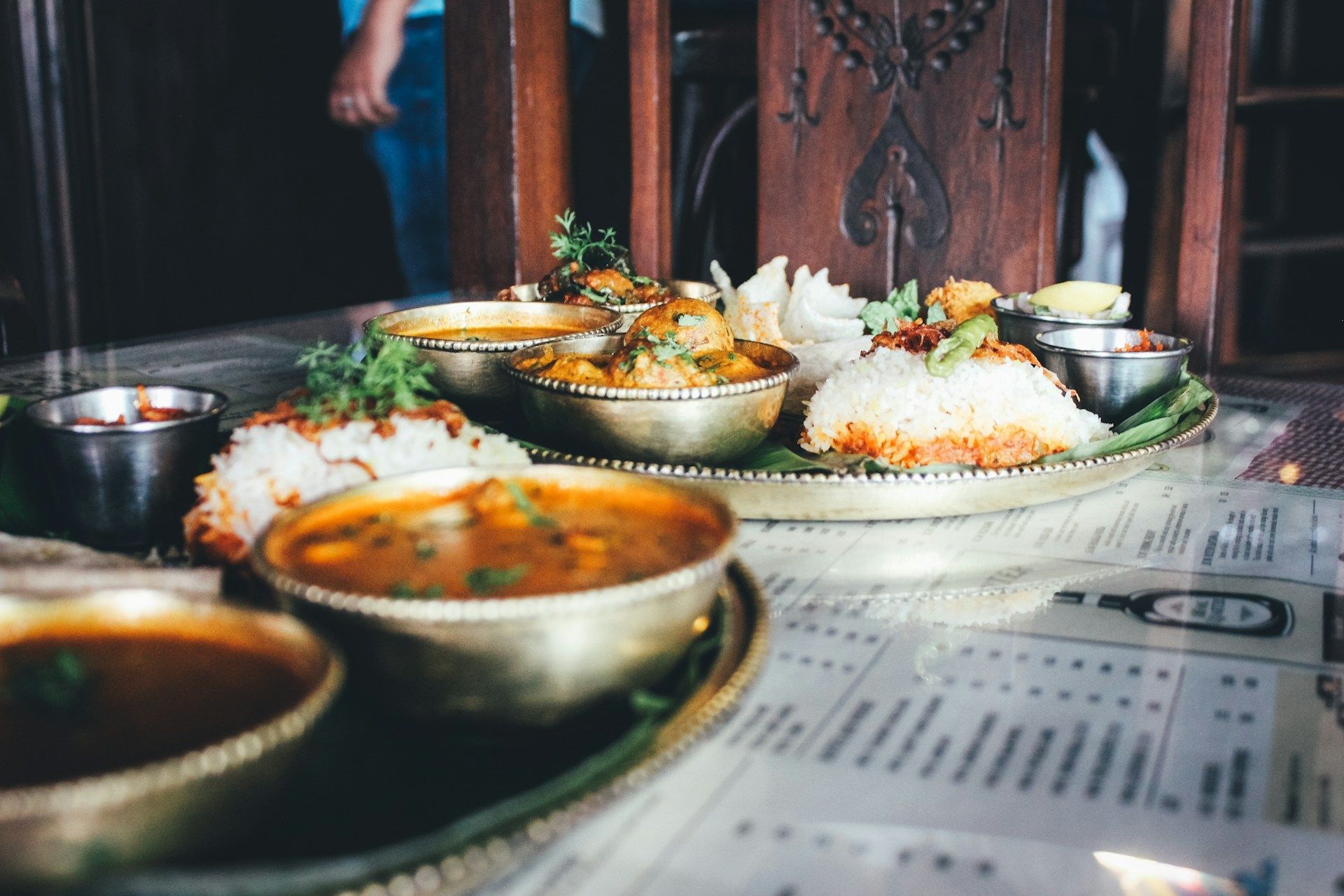How to Solve Common Indian Cooking Mistakes
Cooking Indian food at home can be both rewarding and challenging. Many people love the rich aromas and bold flavours found in Indian dishes, but finding the right balance can be tricky. It’s not uncommon to encounter a few hurdles along the way. Maybe you’ve found yourself puzzling over why your curry didn’t taste quite like you expected, or why your spices seemed to lack their usual punch. These experiences are common, and with a bit of insight, you can transform these challenges into triumphs, bringing the essence of Indian cuisine into your own kitchen.
Imagine dining at an Indian restaurant at London Bridge where the flavours pop, and each dish offers a feast for your senses. Replicating this at home requires a bit of know-how and the right approach to common cooking mistakes. From understanding spice blends to managing textures, each aspect is a small puzzle piece in the grand picture of Indian cooking. By exploring tips and tricks, you can enhance your cooking skills and enjoy authentic flavours at home.
Choosing the Right Spices
Spices are the heartbeat of Indian cuisine, providing the rich tapestry of flavours that makes each dish unique. Selecting the right spices can transform a simple recipe into an aromatic masterpiece. The key lies in choosing fresh, high-quality spices. Old or stale spices often lack the vibrant flavours required to make a dish sing, so it’s important to source them from a trusted supplier.
Blending spices is another art in itself. Each spice plays a role, and understanding how they work together can be transformative. A simple guide to help you blend spices for authentic flavours includes:
- Cumin and Coriander: Popular in many Indian dishes, these combine beautifully to create a warm, earthy base.
- Turmeric: Adds a golden hue and gentle bitterness which can round off other flavours.
- Chilli Powder: Offers heat and colour, but use it sparingly to avoid overwhelming other spices.
Experimentation is your friend here. A sprinkle of this and a dash of that can lead to spectacular outcomes. Pay attention to how different combinations affect the taste, and don’t hesitate to adjust quantities until you find that perfect blend.
Avoiding Overcooked or Undercooked Ingredients
Cooking Indian food isn’t just about rich flavours; texture is equally essential. Achieving the right texture often separates a decent dish from a fantastic one. Rice, vegetables, and meats are the usual suspects when it comes to overcooking or undercooking.
Getting fluffy, well-cooked rice can sometimes feel like a science. A common mistake is over-boiling, which can turn what should be soft grains into a mushy mess. Clock the cooking time and use the right amount of water for the quantity of rice. Think about cooking rice as part of a ritual — rinse the grains until the water runs clear, soak them briefly, and then cook them to perfection.
When it comes to vegetables and meats, timing is again crucial. Vegetables should retain a bit of bite, adding a delightful crunch to dishes. Overcooked vegetables lose their colour and nutritional value. For meats, cutting them into similar sizes ensures even cooking and a tender bite every time. Pay attention to these details, and you'll be on the right path to mastering Indian cooking.
Managing Spice Heat Levels
Balancing spice heat levels in Indian cooking is an art that many struggle with. The aim is to achieve that perfect level of warmth without setting your taste buds ablaze. For those who appreciate a milder dish, adjusting spice levels can make all the difference in enjoying a meal.
Here are some tips to manage spice heat:
- Measure Carefully: Start by using a smaller amount of chilli powder or fresh chillies. It's easier to add more later than to tone it down.
- Introduce Cooling Ingredients: Incorporate ingredients like yoghurt or coconut milk to balance the heat with a creamy texture.
- Choose Mild Spices: Opt for milder spices or sweet flavours, such as cinnamon, when aiming for subtlety.
Experimentation is key. Over time, you’ll understand which spices suit your taste, helping you strike the right balance in your dishes.
Using Proper Cooking Techniques
In Indian cooking, techniques like tempering and slow cooking elevate your dishes to another level. Explore how these methods contribute to authentic results.
Tempering is a process of heating spices in oil to release their flavours. The hot oil absorbs the essence of each spice, creating a strong foundation for your dish to build upon. A simple example involves heating mustard seeds in oil until they pop, followed by adding curry leaves and dried red chillies for a classic start to many South Indian dishes.
Slow cooking, on the other hand, allows all the ingredients to marry well over a long period. It’s particularly effective with meats and lentils, helping to break them down for a tender, melt-in-your-mouth texture. A good slow-cooked biryani or lamb curry can turn a simple meal into a feast. Both these methods result in deeply flavoured dishes that you'll savour with every bite.
Bringing It All Together
Cooking Indian dishes at home is a journey filled with delightful discoveries. By understanding how to select the right spices and use precise cooking techniques, you strengthen your culinary skills and enrich your palate with genuine flavours.
As you apply these tips, you’ll notice a transformation in your cooking. The vibrant colours, intoxicating aromas, and bold tastes will unfold like a tapestry, offering a memorable dining experience every time. The art of Indian cooking is about exploration and learning, making each meal an opportunity for creativity.
When you dine out, especially at an Indian restaurant at London Bridge, these insights will guide you in appreciating the craftsmanship behind each dish. Recognising these nuances can help you connect with the food more deeply, enhancing your enjoyment of the cuisine. Enjoy the process, savour every bite, and embrace the flavours of Indian cooking.
Explore the delightful world of Indian cuisine with the aroma of expertly selected spices and the mastery of traditional techniques. Whether you're honing your skills at home or looking to indulge in authentic dishes, your culinary journey will be enhanced by a deeper connection to the flavours and methods you’ve learned. When ready, enrich your dining experience by visiting an
Indian restaurant at London Bridge like Tower Tandoori, where the craft of Indian cooking truly shines.

